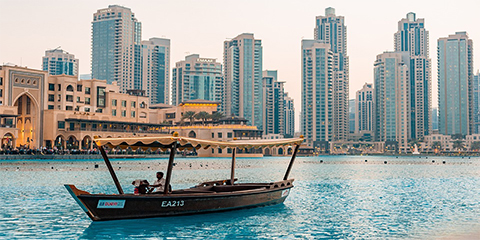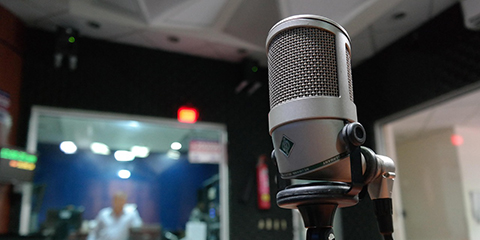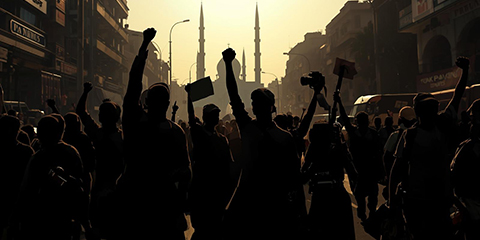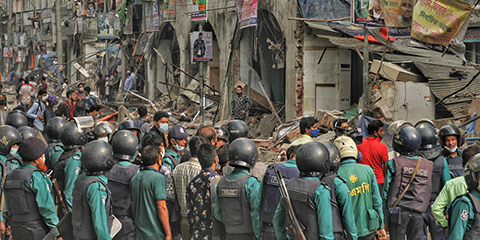Censorship and career: Working as a journalist in the UAE
JournalismPakistan.com | Published last year | Sana Mirza
Join our WhatsApp channel
DUBAI—Working as a journalist in the UAE, particularly in the vibrant city of Dubai, presents a unique set of challenges and opportunities, especially for expatriates. Dubai is home to two of the most prominent newspapers in the region, Khaleej Times and Gulf News, making it a significant hub for media professionals. However, the path for journalists in this cosmopolitan city is fraught with issues that often stem from stringent censorship laws and the delicate balance between reporting and respecting local norms.
Censorship and Editorial Control
"Censorship is one of the biggest challenges journalists face in the UAE," says Imran Naeem Ahmad, editor of JournalismPakistan.com and a former Gulf News journalist. "Back in 1989, when I worked for Gulf News, there was a constant pressure to navigate around sensitive topics carefully. The scope of what could be reported was often limited by stringent media laws aimed at protecting the country's image and maintaining social harmony."
Journalists in the UAE must tread carefully on topics related to politics, religion, and the royal family. The National Media Council, which oversees media operations, enforces these restrictions to ensure that content aligns with the country's regulations. This level of control can stifle investigative journalism and limit the free flow of information.
Opportunities for Rookie Journalists
Despite these challenges, Dubai offers significant opportunities for rookie journalists. The city's rapid growth and its status as a global business hub mean that there is always a demand for fresh, dynamic reporting on a wide range of topics from business and finance to lifestyle and entertainment.
"Young journalists have the chance to gain international experience and work on stories that have a global impact," Ahmad notes. "The diversity of Dubai's population and its economic significance make it an exciting place to start a career in journalism. However, they must be prepared to work within the boundaries set by local laws."
Professional Growth and Development
Working for established newspapers like Khaleej Times and Gulf News can be a prestigious addition to a journalist's portfolio. These publications offer access to a wide audience and the chance to cover major events and issues that resonate far beyond the UAE.
"During my tenure at Gulf News, I had the opportunity to cover a wide range of stories that were of both local and international interest," recalls Ahmad. "This exposure is invaluable for any journalist looking to build a robust career."
Living and Working in Dubai
Beyond the newsroom, expat journalists must also navigate the challenges of living in Dubai. The cost of living can be high, and adapting to the cultural norms and expectations requires a certain level of flexibility and openness.
"Dubai is a city of contrasts," Ahmad explains. "On one hand, it offers a luxurious lifestyle and state-of-the-art infrastructure. On the other, the cultural nuances and legal restrictions can be quite different from what many expats are used to. It's essential to understand and respect these differences to thrive both professionally and personally."
The life of an expat journalist in Dubai is a blend of opportunities and challenges. While censorship and editorial restrictions can be significant hurdles, the chance to work in a dynamic, fast-paced environment offers substantial rewards. For those willing to navigate the complexities, a career in the UAE's media landscape can be both fulfilling and enriching.
"Working in Dubai shaped my career in many ways," Ahmad concludes. "The experience taught me the importance of adaptability and the value of maintaining journalistic integrity even in challenging circumstances."
Aspiring journalists considering a move to the UAE should weigh these factors carefully, recognizing both the potential for professional growth and the constraints they might encounter along the way.
About the author: Sana Mirza is a journalist with an interest in covering media and cultural issues in the Middle East. She has worked for leading publications and explores the dynamics of expat life in the UAE.

























